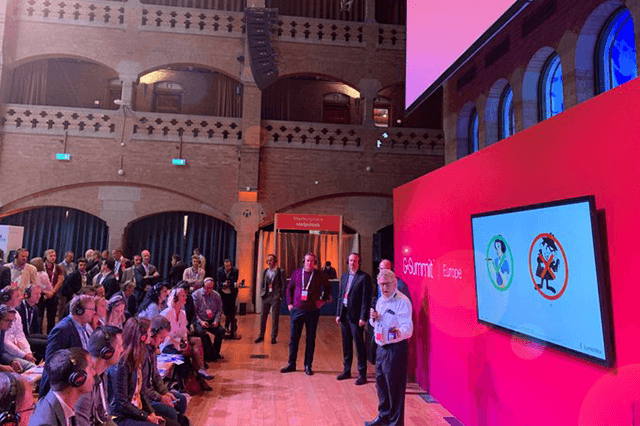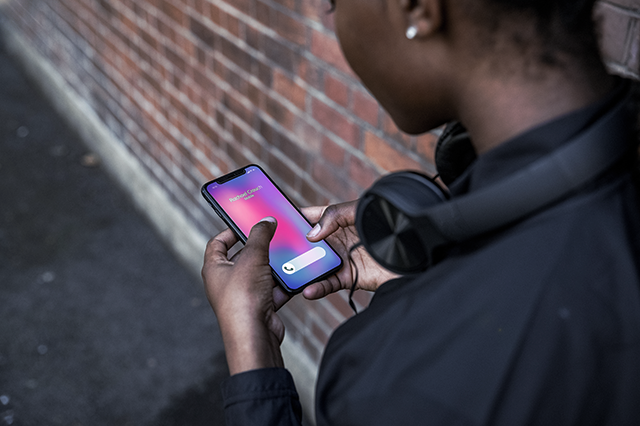Digital acceleration is a key theme that has emerged from the global pandemic. As customers and companies open their minds to a more tech-enabled way of life and work, there has been a widespread adoption of modern digital capabilities like AI and cloud-based software. These technologies are driving innovation in so many fields, including the world of voice-enabled services.
In 2021, Baker McKenzie found that 58% of digital leaders had fast-tracked their transformation programs. When asked which technologies they were focusing on, the cloud and AI ranked as top priorities. Similarly, a McKinsey Global Survey found that 56% of companies adopted AI in at least one business function during 2021, up from 50% in 2020. And going forward, close to two thirds said their companies would invest more in AI over the next three years. The companies that saw the greatest bottom line impact from AI adoption tended to use cloud infrastructure to run their AI workloads.
In the voice technology landscape, cloud- and AI-driven solutions are making a more diverse selection of services possible. The opportunities range from AI-powered conversational assistants that help us with shopping, banking and research tasks, to the use of voice biometrics for user authentication and fraud detection. Broadly speaking: the cloud allows businesses to make next-generation services more easily accessible to customers and employees, while AI enhances innovation by making it possible to automate more complex workloads and services.
Microsoft’s recent Nuance acquisition has reinforced just how valuable cloud-based, AI-powered speech recognition solutions can be. Nuance voice recognition software harnesses AI and the cloud to provide clinical intelligence for healthcare providers, among a range of other services. Microsoft announced in April 2021 that it would put a staggering $19.7 billion behind the Nuance ASR (automatic speech recognition) deal—its second-biggest ever after the purchase of LinkedIn for $24 billion in 2016. The key focus of this Nuance speech recognition acquisition, according to Microsoft CEO Satya Nadella, is to “put advanced AI solutions into the hands of professionals to drive better decision-making and create more meaningful connections.”
While this deal will enhance Microsoft automatic speech recognition capabilities, it is interesting to note that Nuance Communications already has Microsoft’s Azure woven into its software. In 2019, Nuance and Microsoft joined forces on a healthcare stack that included Nuance voice recognition and processing, Nuance TTS (or Nuance text to speech), clinical documentation and decision support, together with Azure AI and natural language tools. Following this Nuance-Microsoft acquisition, we are likely to see a further integration of their cloud and AI capabilities.
At LumenVox, we are encouraged by this landmark investment in AI-driven, cloud-based automated speech recognition technology. As voice-enabled tools grow more sophisticated, they continue to play an increasingly valuable role at work and in our communities. There are myriad uses for an ASR engine that can accurately transcribe spoken words into written text, for example. This may involve freeing up valuable time for our busiest health professionals to see more patients, scaling up remote education through speech-enabled learning tools, or enabling safer contactless interactions between customers and businesses.
As interest and investment in voice technology grows, we hope to see a wider availability of voice enabled tools becoming more accessible to all who need them. It’s not just about saving time and money. Automated voice-driven experiences also make it easier for firms to create safer working environments and for businesses to provide more contactless service options.
At LumenVox, we believe that the voice technology boom is only just beginning. We remain committed to meeting the accelerated demand for advanced solutions that are powered by AI and made available in the cloud (or via hybrid architectures and premise-based solutions, as preferred).
To learn more, contact us today or take a closer look at some case studies that showcase how LumenVox customers are using our speech recognition and authentication software in innovative and inspiring ways.





